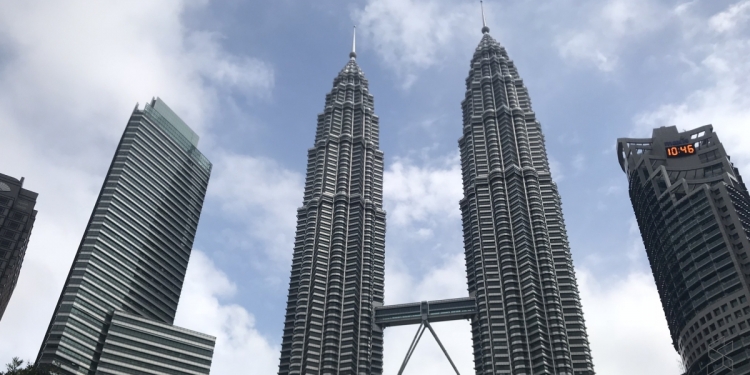Malaysia has imposed a movement control order for two weeks which will take effect from 18th of March until 31st of March 2020. It was announced by Prime Minister Tan Sri Muhyiddin Yassin, as a measure to tackle the current COVID-19 outbreak in the country.
There is some confusion whether this is considered a lockdown or a partial lockdown. The phrase “Perintah Kawalan Pergerakan” has been interpreted in many ways but essentially it restricts the movement of people with the aim of curbing the spread of the disease. Malaysians should remain calm as the movement control is not as extensive as a total lockdown that’s implemented in other nations.
What is affected?
Mass Gathering
Beginning 18th March, it is prohibited to organise any form of mass gathering which includes religious, sports, social and cultural events. Several religious groups have turned to live streaming as an alternative to fulfil their religious obligations. To enforce the restriction of gathering and events, all houses of worship and businesses premises must be closed except for essential services which include supermarkets, wet markets, grocery stores and other vital services to keep the country running.
Travel
In terms of travel, all Malaysians are barred from travelling overseas. All airports will still operate as usual and returning Malaysians have to undergo health screening and have to self-quarantine for 14 days.
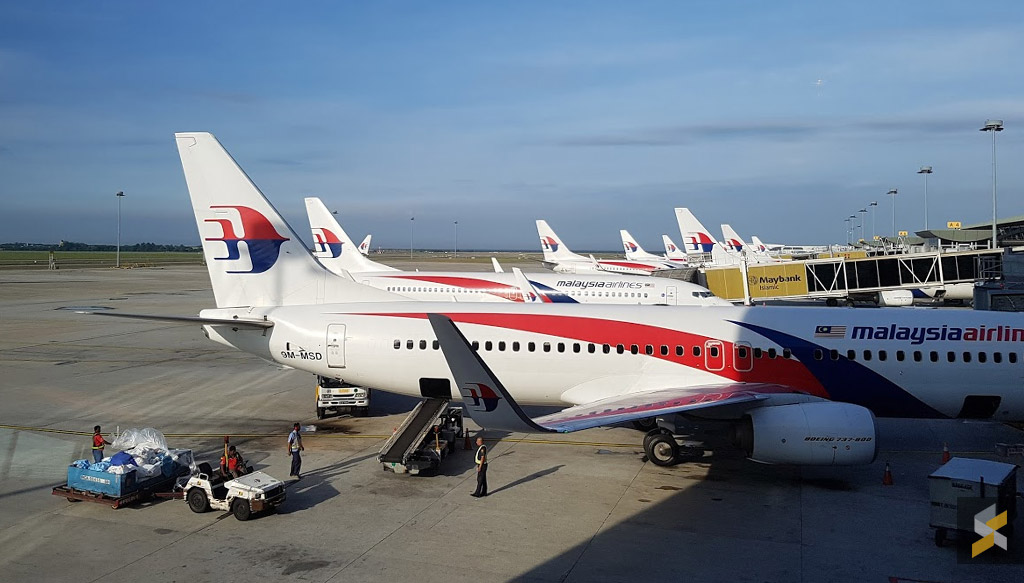
All tourists and foreign visitors will be barred from entering the country during the movement control order period. There’s no mention of any restriction of domestic travel. However, the Sarawak state government has announced that all visitors including domestic entering Sarawak will be issued with a 14-day stay home notice.
Schools
All schools including both private and government are to be closed. This covers all levels from kindergarten, primary, secondary, universities and training centres.
Non-essential businesses to close
To prevent unnecessary contact, non-essential businesses must close. MBO, TGV and GSC have announced the closure of their cinemas.
Essential services are to operate as usual
During the movement control order, vital and essential services will continue to operate as usual. This includes water, electricity, energy, telecommunications, post, transportation, irrigation, oil, gas, lubrication, broadcast, finance, banking, health, pharmacy, fire and rescue, prison, ports, airports, security, defence, cleaning, retail and food supplies.
Grab has announced that they will continue to operate as usual during the Movement Control Order. This means you can still use GrabCar to get around or use GrabFood or GrabMart for deliveries. Grab Malaysia assures that they are committed to serving and supporting all of their drivers, delivery partners, merchant partners, passengers and staff.
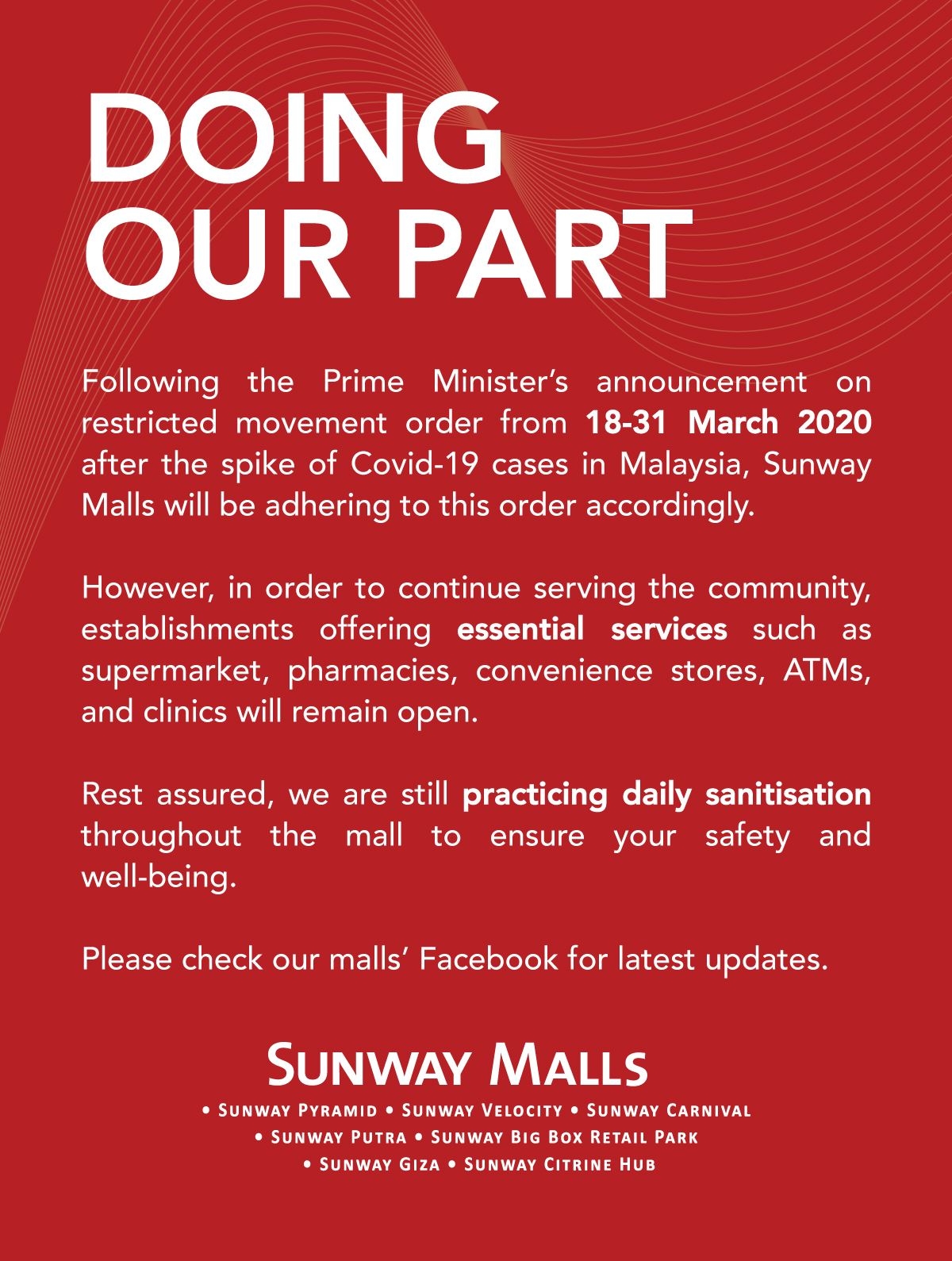
According to Sunway, its malls will be partially open. Establishments with essential services such as supermarket, pharmacies, convenience stores, ATMs and clinics will remain open.
The Prime Minister has emphasised that there’s enough supply for everyone and supermarkets will remain open during the restriction. There’s no need for panic buying and some supermarkets have taken the initiative to introduce special hour that prioritises senior citizens and the disabled (OKU).
Why is this necessary?
At the moment, the number of COVID-19 cases worldwide has exceeded 180,000 and there are 6,442 deaths reported so far. The number of cases outside of China has increased in the past weeks. In Malaysia, there are 553 confirmed cases and zero deaths as reported yesterday.
With the recent increase of local transmission in the country, the priority is to reduce the number of new cases by enforcing social distancing. You’ve probably heard about flattening the curve, and this is crucial to reduce the acceleration of new cases.
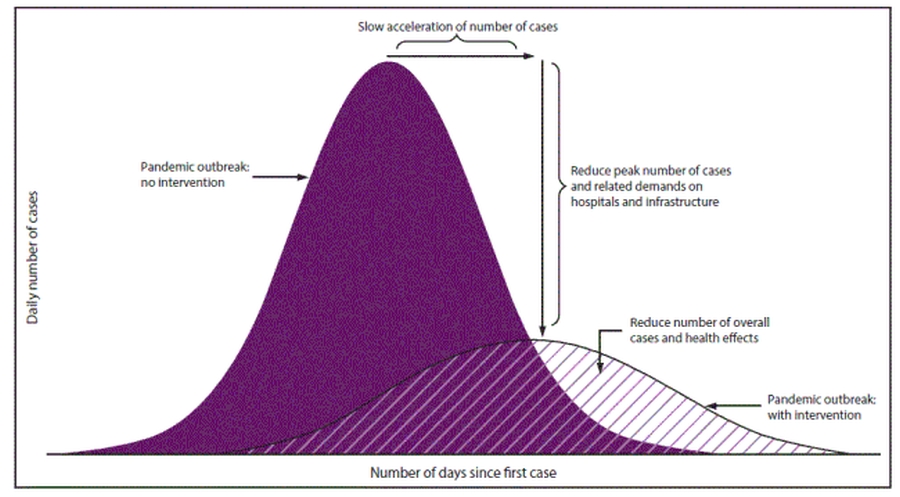
As seen in China and Italy, the spread of COVID-19 can happen very quickly and this can put a strain in the healthcare system. If the number of cases rises, there’s a risk that the local health care system will be overloaded beyond its capacity to treat infected people.
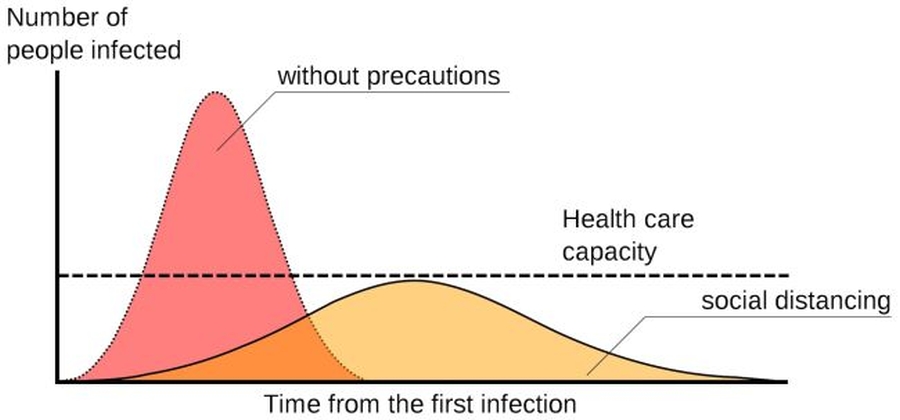
Assuming the number of overall cases is the same, flattening the curve may prolong the situation but it ensures that those who are really sick can receive adequate attention as illustrated above. This reduces the stress on the health care system and fewer people will be turned away.
The closing of our borders can stop incoming cases from abroad. With the Movement Control Order, the government aims to reduce the number of local COVID-19 cases and hopefully we won’t see a spike like Sunday where 190 new cases were reported in a single day.
As seen in China, the number of cases has declined drastically after the restrictions were introduced. All 16 temporary hospitals to treat COVID-9 outbreak in Wuhan have closed after a huge decline in cases. For those who are showing symptoms, the order will ensure they are isolated from the general public and they can seek treatment at one of the designated hospitals.
More clarity required
As mentioned by Jahabar Sadiq of The Malaysian Insight, the government must be clear about what it wants to do and must explain it well. The announcement from the Prime Minister raises more questions than answers. Shortly after the announcement was made, Malaysians are still unsure of what remains open or closed, and ideally, there’s a detailed FAQ or a comprehensive infographic to address all of these concerns in the short matter of time.
With less than 12 hours before the restriction begins, the hotline dedicated for Movement Control Order at 03-88882010 will be open at 12pm. That leaves probably 5 hours for companies to clarify and to make a decision on their next course of action.
[ IMAGE SOURCE ]

